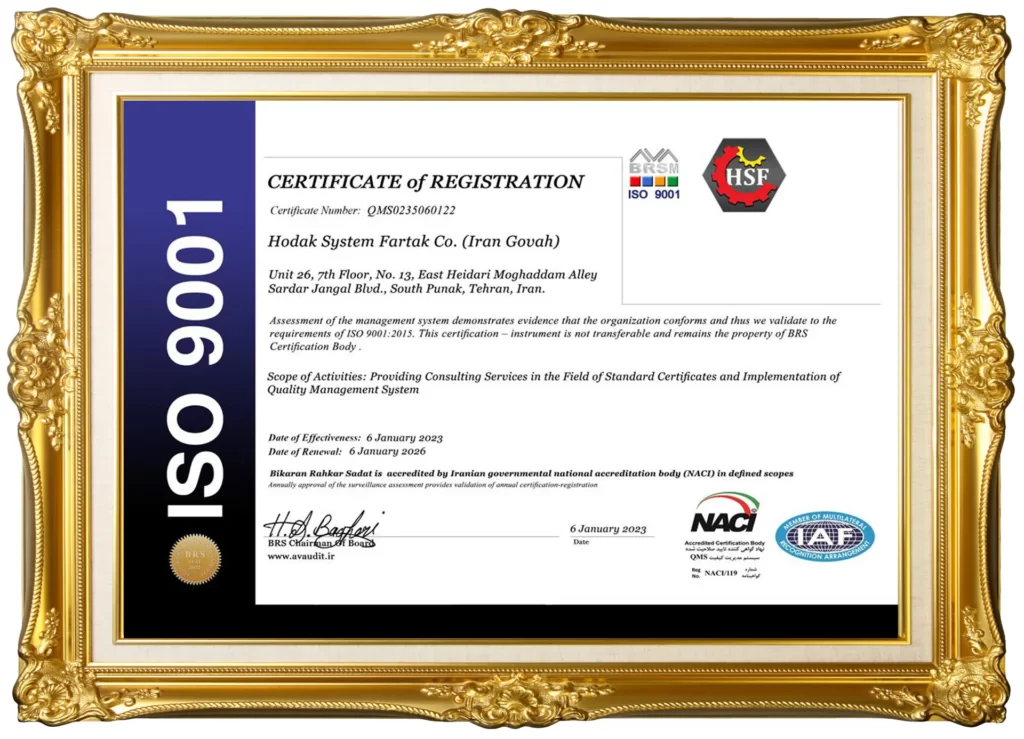What is The International Organization for Standardization (ISO)?
The International Organization for Standardization (ISO) is a non-governmental, independent organization that develops and publishes international standards for various industries and fields. It was established in 1947, and since then, it has become a global standard-setting body. ISO works to promote standardization and facilitate international trade by providing a common framework for quality management, environmental management, information security, and other areas of interest.

The International Organization for Standardization headquarters
ISO’s headquarters is in Geneva, Switzerland, and it has members from over 165 countries. The organization is comprised of a network of national standards bodies that work together to develop and promote ISO standards in their respective countries. ISO standards are voluntary and not legally binding, but they are widely recognized and adopted by companies and organizations worldwide.
ISO develops standards through a consensus-based approach, which involves gathering input and feedback from stakeholders in the relevant industry or field. This process ensures that the resulting standards are practical, relevant, and effective. ISO standards cover a wide range of topics, including management systems, technical specifications, and guidelines.
Most well-known ISO standards
One of the most well-known ISO standards is the ISO 9001 standard for quality management systems. This standard outlines the requirements for implementing and maintaining an effective quality management system, which can help organizations improve their processes, enhance customer satisfaction, and reduce waste and errors. ISO 9001 certification is recognized globally as a mark of quality and can be a valuable asset for businesses looking to demonstrate their commitment to excellence.
Another important ISO standard is the ISO 14001 standard for environmental management systems. This standard provides guidelines for organizations to establish and implement an effective environmental management system, which can help them reduce their environmental impact, comply with relevant regulations, and improve their sustainability. ISO 14001 certification is becoming increasingly important for businesses as more consumers and stakeholders demand environmentally responsible practices.
In addition to these management system standards, ISO also develops technical specifications and guidelines for specific industries and fields. For example, ISO 27001 is a standard for information security management systems, ISO 45001 is a standard for occupational health and safety management systems, and ISO 50001 is a standard for energy management systems (1).
Plus, ISO 27001 is an information security management standard that provides a framework for businesses to manage their information security risks. It focuses on protecting confidential information, preventing unauthorized access, and ensuring business continuity in the event of a security breach. ISO 27001 helps businesses protect their reputation, comply with legal and regulatory requirements, and improve their overall security posture.
ISO standards are developed and maintained by technical committees made up of experts in the relevant industry or field. These committees are responsible for reviewing and updating the standards as necessary to ensure they remain relevant and effective. ISO also has a system of accreditation and certification bodies that can assess and certify organizations against ISO standards.
ISO Certification:
ISO certification is a third-party verification process that confirms a business’s compliance with ISO standards. Certification is voluntary and requires a business to undergo an audit by an accredited certification body. The audit verifies that the business’s management system meets the requirements of the ISO standard. Once a business is certified, it can display the ISO certification mark, which demonstrates its commitment to quality, safety, and efficiency.
Conclusion
In conclusion, the International Organization for Standardization is a vital organization that helps promote standardization and facilitate international trade. ISO standards are recognized and adopted by companies and organizations worldwide, and they cover a wide range of topics, from quality management to environmental management and information security. ISO’s consensus-based approach to developing standards ensures that they are practical, relevant, and effective. As more companies and organizations seek to demonstrate their commitment to excellence and sustainability, ISO standards will continue to play a crucial role in shaping global business practices.


